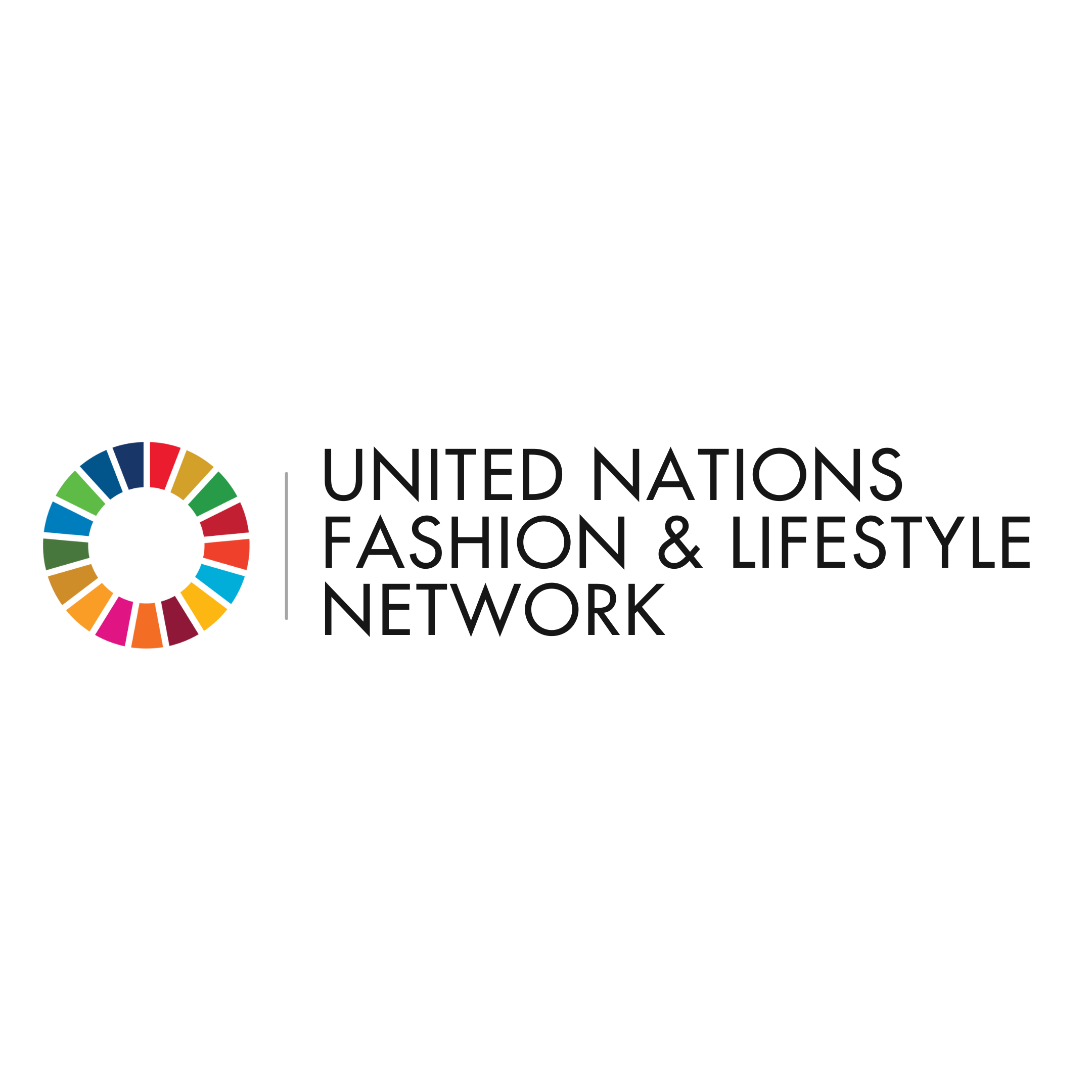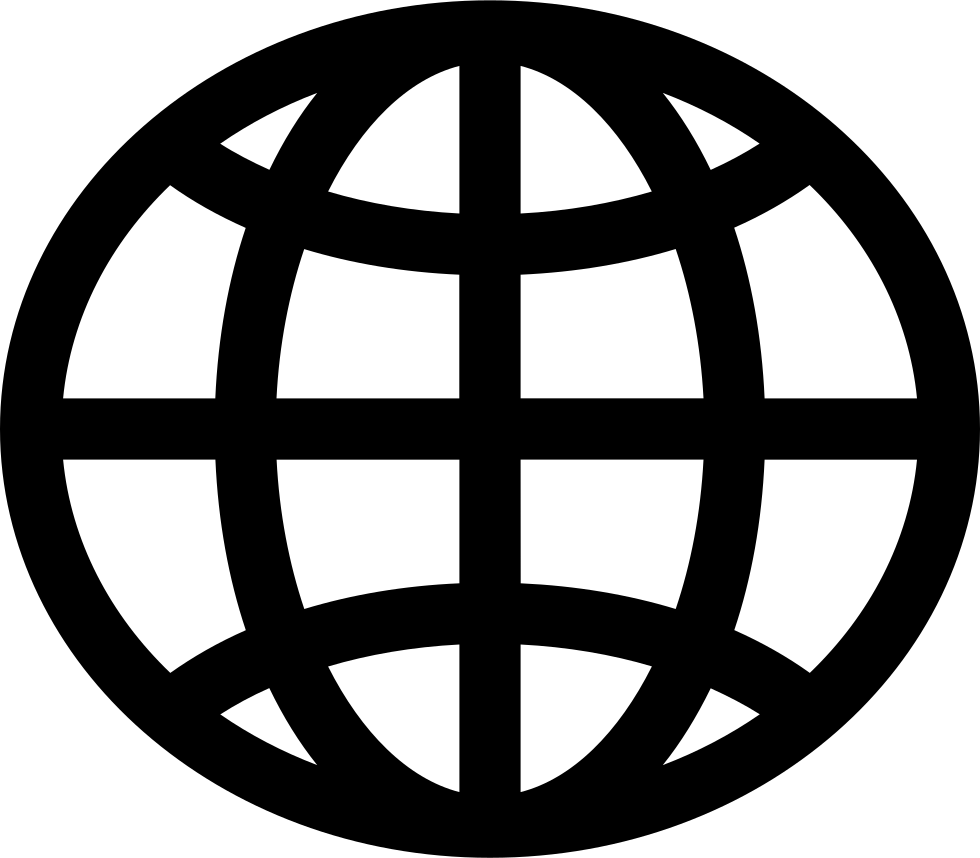Aura Blockchain Consortium
Aura Blockchain Consortium
(
Philanthropic organization
)
#SDGAction59628
Description
Aura Blockchain Consortium was established in 2021 by LVMH, OTB, Prada Group, and Cartier, part of Richemont. The luxury groups have joined forces to address the shared challenges of communicating authenticity, responsible sourcing and sustainability in a secure digital format. Aura Blockchain Consortium is a non-profit association based in Switzerland with the purpose to promote socially responsible, sustainable, and customer-centric business practices throughout the lifecycle of luxury products by leveraging blockchain and other technologies. By promoting the use of global blockchain solutions open to luxury brands of all sectors worldwide, the platform provides consumers with additional information, services, transparency and raises the customer experience to a new level.
- Aura's mission is to promote socially responsible, sustainable, and customer-centric business practices throughout the lifecycle of luxury products by leveraging blockchain and other current and/or future technologies notably in relation to (i) the tracking and tracing of raw materials, parts and components, as well as finished products, (ii) proof of origin, authenticity and/or ownership, (iii) transparent manufacturing and service processes, and/or (iv) the creation and commercialisation of digital objects.
- Aura is strictly following the developments of the Ecodesign for Sustainable Products Regulation and Digital Product Passport to promote and apply more sustainable practices within the luxury industry, utilising the Aura Private blockchain, which is carbon neutral.
- Aura is organizing physical and digital educational events quarterly, like our Luxury Unblocked series or webinars on the topic of environmental regulation in luxury fashion / beauty to animate our community.
- We are composed of 20+ team members working on a daily basis on our technology and projects. Our Board brings together representatives from leading luxury brands, working in collaboration to drive innovation, set new standards, and shape the future of our industry.
We share knowledge by creating moments where collaboration and learning thrive. Through our physical and digital events, we raise awareness and foster discussion on the Digital Product Passport (DPP). These events are open not only to Aura Members but also to luxury brands beyond the Consortium, enabling us to build a wider community committed to innovation, transparency, and sustainability in the luxury industry. By fostering a global community, we help the entire sector prepare, adapt, and grow together.
Aura is part of CIRPASS-2 Working Groups (EWG1, EWG3) as well as their Community of Practice. CIRPASS-2 is a project funded by the European Commission’s Digital Europe Programme. Aura is a part of the EU's Textiles Ecosystem Platform and La Federation de la Mode Circulaire. Aura is also a partner of GS1 Italy and GS1 France, working together on Digital Product Passport.
Since our creation in 2021 with 4 members, Aura has grown to a global community of over 50 luxury member brands, and over 60 million luxury products registered on our blockchain. This rapid expansion reflects both the trust placed in Aura and the relevance of our mission. We are proud to have launched numerous brand use cases across different verticals of the luxury industry - from textiles, footwear, leather goods, and travel accessories to watches & jewelry, automotive, spirits, and beauty. This breadth of adoption demonstrates Aura’s ability to deliver scalable, innovative solutions that strengthen the industry as a whole.
LVMH, OTB, Prada, Cartier part of Richemont
SDGS & Targets
Goal 12
Ensure sustainable consumption and production patterns
12.1
Implement the 10-Year Framework of Programmes on Sustainable Consumption and Production Patterns, all countries taking action, with developed countries taking the lead, taking into account the development and capabilities of developing countries
12.1.1
Number of countries developing, adopting or implementing policy instruments aimed at supporting the shift to sustainable consumption and production
12.2
By 2030, achieve the sustainable management and efficient use of natural resources
12.2.1
Material footprint, material footprint per capita, and material footprint per GDP
12.2.2
Domestic material consumption, domestic material consumption per capita, and domestic material consumption per GDP
12.3
By 2030, halve per capita global food waste at the retail and consumer levels and reduce food losses along production and supply chains, including post-harvest losses
12.3.1
(a) Food loss index and (b) food waste index
12.4
By 2020, achieve the environmentally sound management of chemicals and all wastes throughout their life cycle, in accordance with agreed international frameworks, and significantly reduce their release to air, water and soil in order to minimize their adverse impacts on human health and the environment
12.4.1
12.4.2
(a) Hazardous waste generated per capita; and (b) proportion of hazardous waste treated, by type of treatment
12.5
By 2030, substantially reduce waste generation through prevention, reduction, recycling and reuse
12.5.1
National recycling rate, tons of material recycled
12.6
Encourage companies, especially large and transnational companies, to adopt sustainable practices and to integrate sustainability information into their reporting cycle
12.6.1
12.7
Promote public procurement practices that are sustainable, in accordance with national policies and priorities
12.7.1
Number of countries implementing sustainable public procurement policies and action plans
12.8
By 2030, ensure that people everywhere have the relevant information and awareness for sustainable development and lifestyles in harmony with nature
12.8.1
Extent to which (i) global citizenship education and (ii) education for sustainable development are mainstreamed in (a) national education policies; (b) curricula; (c) teacher education; and (d) student assessment
12.a
Support developing countries to strengthen their scientific and technological capacity to move towards more sustainable patterns of consumption and production
12.a.1
Installed renewable energy-generating capacity in developing and developed countries (in watts per capita)
12.b
Develop and implement tools to monitor sustainable development impacts for sustainable tourism that creates jobs and promotes local culture and products
12.b.1
Implementation of standard accounting tools to monitor the economic and environmental aspects of tourism sustainability
12.c
Rationalize inefficient fossil-fuel subsidies that encourage wasteful consumption by removing market distortions, in accordance with national circumstances, including by restructuring taxation and phasing out those harmful subsidies, where they exist, to reflect their environmental impacts, taking fully into account the specific needs and conditions of developing countries and minimizing the possible adverse impacts on their development in a manner that protects the poor and the affected communities
12.c.1
Amount of fossil-fuel subsidies (production and consumption) per unit of GDP
SDG 14 targets covered
| Name | Description |
|---|
Deliverables & Timeline
Aura Blockchain Consortium pledges to accelerate transparency and sustainability in the luxury sector by enabling the implementation of Digital Product Passports (DPPs) and other blockchain solutions.
We will support brands in adopting interoperable, secure, and scalable traceability and transparency solutions across their value chains — while fostering industry-wide collaboration and ensuring alignment with evolving regulations
Resources mobilized
Partnership Progress

Feedback
Action Network

Timeline
Entity
SDGs
Region
- Global
Other beneficiaries
The luxury industry as a whole, but more specifically the final consumer is benefitting from Aura’s mission.
More information
Countries


